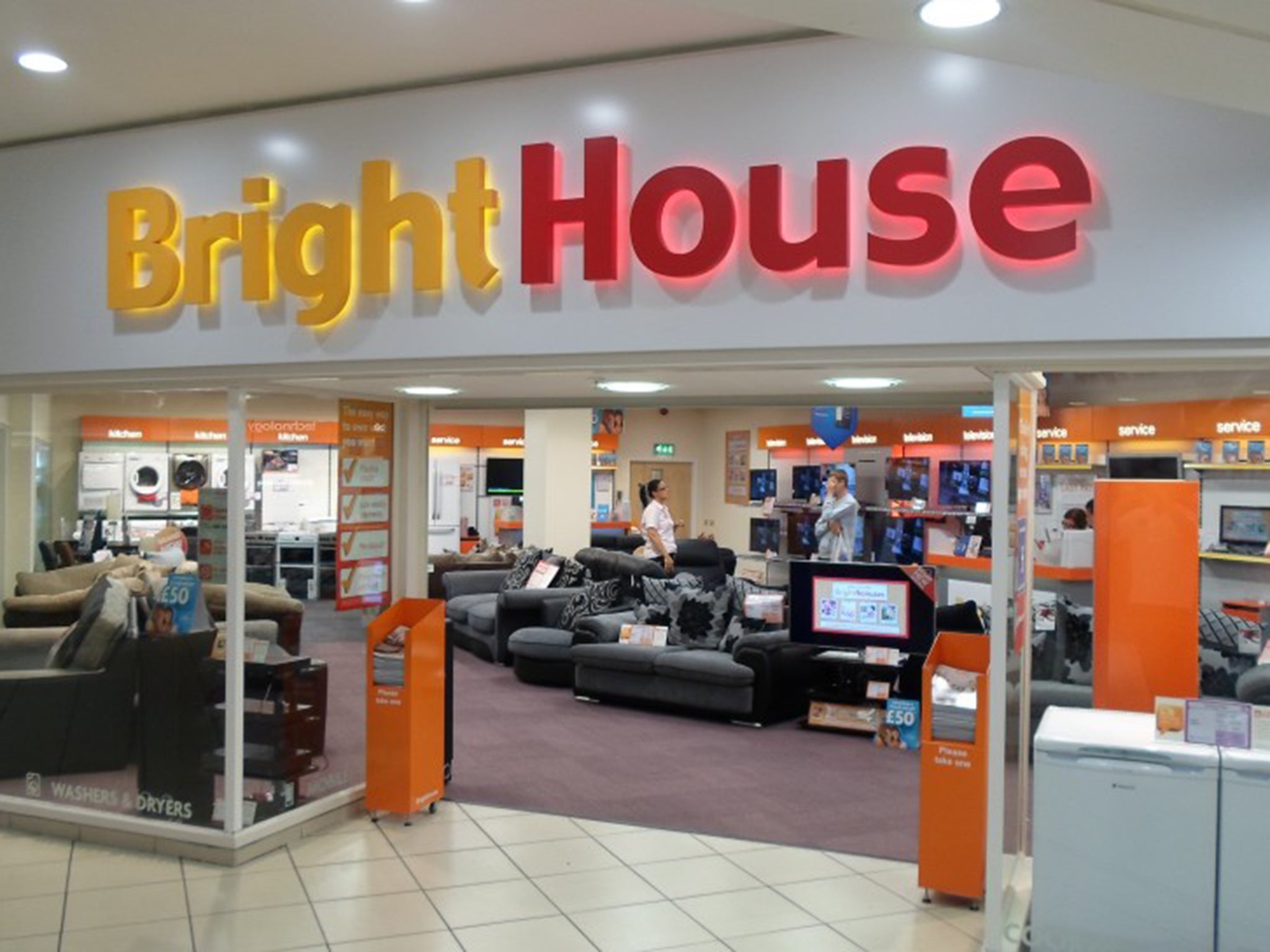The high street scandal that makes the poor pay more for less
Now social lenders have a plan to make buying household goods more affordable and help people escape the clutches of rent-to-own firms

The poorest people are being forced to pay around three times the normal price for household goods. Sound like a scandal? It’s a shocking scandal that’s played out every day on almost every UK high street.
But new research suggests it’s getting worse. The problem is so-called rent-to-own stores which target people who can’t borrow through banks or other mainstream finance. Companies such as Brighthouse or Perfect Home offer hard-up people the chance to buy items they need for their home – such as televisions or washing machines – through easy payments.
But while they appear to be making such items affordable to those who may otherwise have to do without, they’re raking in the profits by charging vulnerable people as much as three times the price charged by normal retailers.
For example, the cheapest washing machine at Brighthouse could cost as much as £1,056 if someone paid weekly over three years. Yet, a similar model with the same service cover can be found for just £350 on the high street, according to a new report from think tank the Financial Inclusion Centre.
It shows that the rent-to-own sector has more than doubled since the credit crunch as firms profit from struggling families who have very few options when it comes to spreading the cost of more expensive items.
There are now almost 400 rent-to-own stores across the country, a figure that has grown by more than 140 per cent since 2008. Profits have soared: in the last five years, the report says annual gross profits in the rent-to-own sector have climbed by 139 per cent to £303m.
Meanwhile more than 400,000 households are now using the companies to buy household goods, an increase of 131 per cent in the last eight years. Typical customers are young mothers (often a lone parent), living in rented accommodation, and are almost exclusively from low-income households that are wholly or partly reliant on welfare benefits.
According to the Financial Conduct Authority, around half of the people who turn to rent-to-own experience some degree of late payment with more than one in 10 thought to end up having their goods repossessed.
“These firms continue to litter the high streets of our most deprived towns and cities, making hundreds of millions of pounds of profits from the growing numbers that don’t have any other options but to pay a poverty premium when borrowing,” said the report’s author Gareth Evans, director of the Financial Inclusion Centre.
“It’s not just the huge costs, but most customers are required to take out expensive warranties and insurances they don’t want or need and worrying numbers struggle to keep up with repayments resulting in the goods being repossessed.”
The good news is that a range of local authorities, housing associations and social lenders such as credit unions are working together to tackle the problem. For instance, not-for-profit online lender Fair For You launched last month. It offers much more affordable finance for home essentials. For instance paying the same weekly amount, someone could buy a new Hotpoint 60cm fridge freezer in 69 weeks but would have to carry on paying for another 87 weeks to buy the same item from Brighthouse.
“There are many social businesses that have responded to the challenge and are trying to compete with the likes of Brighthouse,” said Mr Evans. Another example is Bolton Council-backed Furniture4U.
The City Watchdog is due to announce new rules for the rent-to-own sector in the next few months but clamour is growing for it to act soon to curb the worst excesses of the market. But there also needs to be greater support for the fair and affordable alternatives being set up and delivered by social lenders.
Subscribe to Independent Premium to bookmark this article
Want to bookmark your favourite articles and stories to read or reference later? Start your Independent Premium subscription today.

Join our commenting forum
Join thought-provoking conversations, follow other Independent readers and see their replies